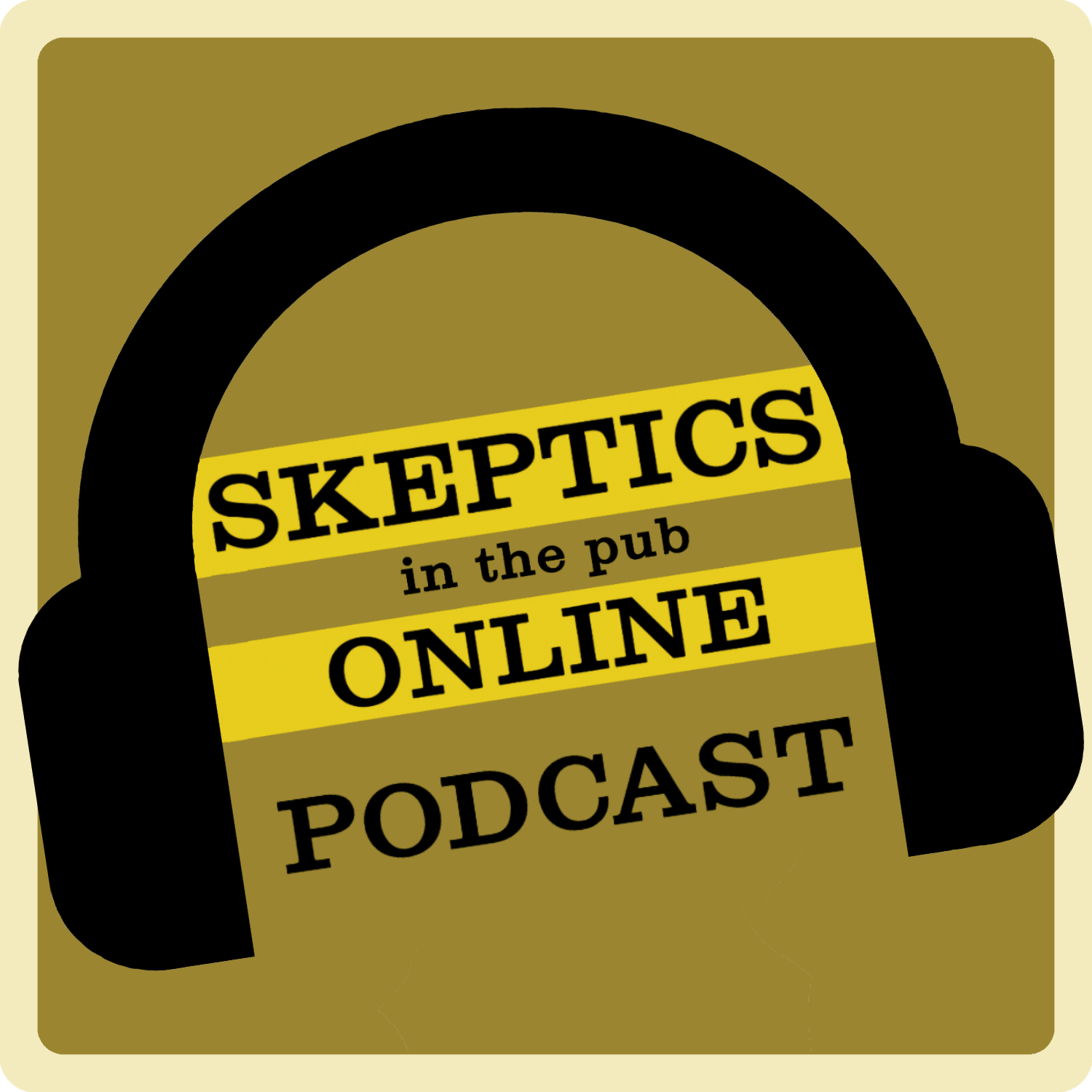- After-Shows
- Alternative
- Animals
- Animation
- Arts
- Astronomy
- Automotive
- Aviation
- Baseball
- Basketball
- Beauty
- Books
- Buddhism
- Business
- Careers
- Chemistry
- Christianity
- Climate
- Comedy
- Commentary
- Courses
- Crafts
- Cricket
- Cryptocurrency
- Culture
- Daily
- Design
- Documentary
- Drama
- Earth
- Education
- Entertainment
- Entrepreneurship
- Family
- Fantasy
- Fashion
- Fiction
- Film
- Fitness
- Food
- Football
- Games
- Garden
- Golf
- Government
- Health
- Hinduism
- History
- Hobbies
- Hockey
- Home
- How-To
- Improv
- Interviews
- Investing
- Islam
- Journals
- Judaism
- Kids
- Language
- Learning
- Leisure
- Life
- Management
- Manga
- Marketing
- Mathematics
- Medicine
- Mental
- Music
- Natural
- Nature
- News
- Non-Profit
- Nutrition
- Parenting
- Performing
- Personal
- Pets
- Philosophy
- Physics
- Places
- Politics
- Relationships
- Religion
- Reviews
- Role-Playing
- Rugby
- Running
- Science
- Self-Improvement
- Sexuality
- Soccer
- Social
- Society
- Spirituality
- Sports
- Stand-Up
- Stories
- Swimming
- TV
- Tabletop
- Technology
- Tennis
- Travel
- True Crime
- Episode-Games
- Visual
- Volleyball
- Weather
- Wilderness
- Wrestling
- Other
Planetary Protection: Guardians of the Galaxy or lame science-party poopers? – Dr Jennifer Wadsworth
What is planetary protection? Is it even important? Because it sounds like it’s either an incredibly exciting space battle strategy from Independence Day or an exceedingly dull health and safety class that future generations will be subjected to. In reality it’s kind of both (except that thankfully it’s not from Independence Day). I’m a space scientist who recently finished my postdoc at NASA Ames Research Center, California, where I spent my time developing new ideas to help in the often-overlooked field of planetary protection. I’ll (hopefully) convince you of its importance for our continued exploration of the solar system and how it can even be applied to help solve some of our problems here on Earth. Jennifer Wadsworth is an astrobiologist who did her PhD at the University of Edinburgh and recently completed her postdoc at NASA Ames Research Center, California. She’s particularly interested in how microbes can survive extreme radiation environments … or not, as the case may be! She enjoys long walks on the beach, and subjecting bacteria to a plethora of lethal conditions. For science.

